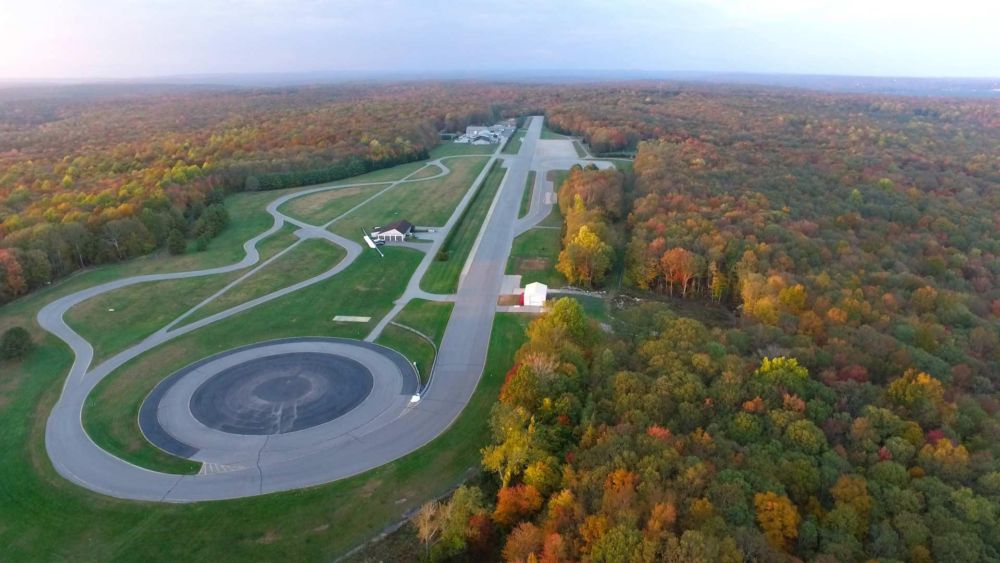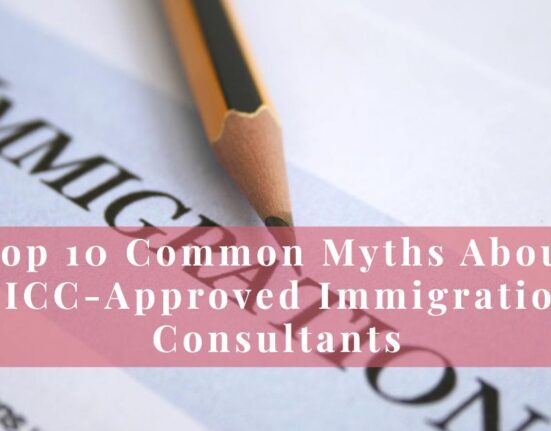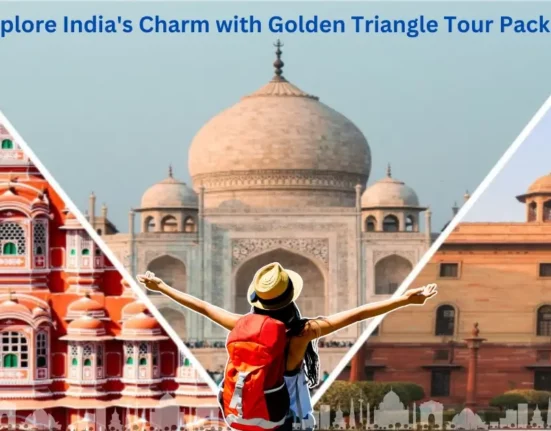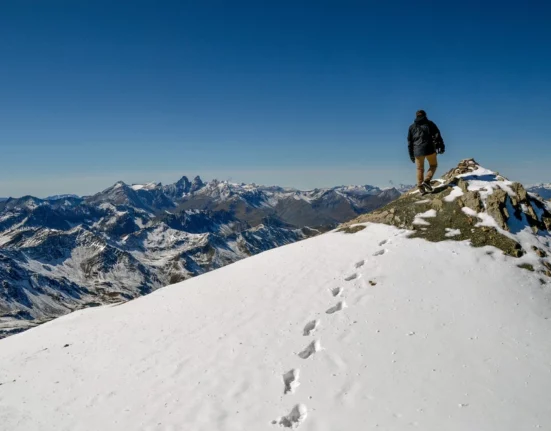Traveling is a wonderful experience, especially when everything goes smoothly during the journey. However, it is not just about luck: the traveler who plans a trip abroad, perhaps in a distant and exotic country, must do his part so that the trip. So, don’t be caught off guard and listen to the advice of the most experienced travelers: some will seem trivial to you, but if you find yourself in front of an unexpected event, they can make your life easier and in some cases even save you.
Visiting Australia on four wheels is without a doubt the best way to explore the country, the prices of second-hand cars are acceptable and the rental companies have reasonable rates; in addition, the roads are for the most part in excellent condition.
There are many travelers who decide to buy or rent a car to discover this incredible country, but there are just as many who undertake the journey without adequate preparation. And there the troubles begin !!
An important thing to keep in mind before embarking on the journey is that Australia is a very peculiar place, the population density is 3 inhabitants per square km and the whole country is mostly uninhabited It follows that the more there the more difficult it is to find diesel, a mechanic and food. In Western Australia or the Northern Territories for example, you will find diesel fuel every 200/300 km.
1 – Change Money At Airport:
If you have currency in dollars with you, change it immediately upon arriving at the destination airport, where commissions are generally lower than in the rest of the territory.
Currency prices are usually higher than those charged in the local currency, being calibrated on the purchasing power of tourists, richer than the local population. Alternatively, as soon as you arrive at the airport, immediately withdraw local currency from an ATM: the commissions are cheaper than the exchange rate in Your Country. Here You can Get Visa Consultation.
2 – Don’t miss a good toilet:
The next one may not necessarily be as clean or handy
3 – Always carry medicines for intestinal disorders with you
While antibiotics are generally available almost everywhere in the world, those that treat inflammation of the intestine are not as universal and effective as those we can get in India. Having them with you is important to avoid even serious complications, such as dehydration, which can completely ruin your holiday if not put your life at risk.
4 – Always carry pain medication with you
It is better to always have your painkillers with you: they are not necessarily marketed or readily available in other countries
5 – Always learn three phrases of the local language: thank you, yes and no
It will often be useful to know a basic vocabulary in the local language, also because in some countries almost no one speaks English, except the younger generations.
6 – Read up on local customs and taboos
Knowing the way to greet and the customs of good manners and kindness of the local population will make your life easier and avoid unpleasant misunderstandings. It will also be useful to know any taboos and food bans, so you will avoid consuming alcohol on the street in many US states, you will not ask for pork in a Muslim country or veal in India, and even garlic and onion from a Buddhist monk, if ever you happen to have lunch with one of them
7 – Always find out about the situation in the country you are traveling to
Better not get caught off guard by political unrest, hurricanes and states of emergency.
8 – Always drink water when available
Drink as much water as possible when you have it available, especially if you are in a hot country: dehydration is lurking
9 – Learn emergency phrases in English, German, Mandarin and Russian
In an emergency they will certainly be useful to you and could even save your life
10 – Do not assume that your mobile phone is always charged, but use it
Print out your travel documents and hotel reservations: your mobile phone could be empty when you need it most. In any case, it will be useful to get a sim card and data to surf the Internet cheaply and to use the GPS






